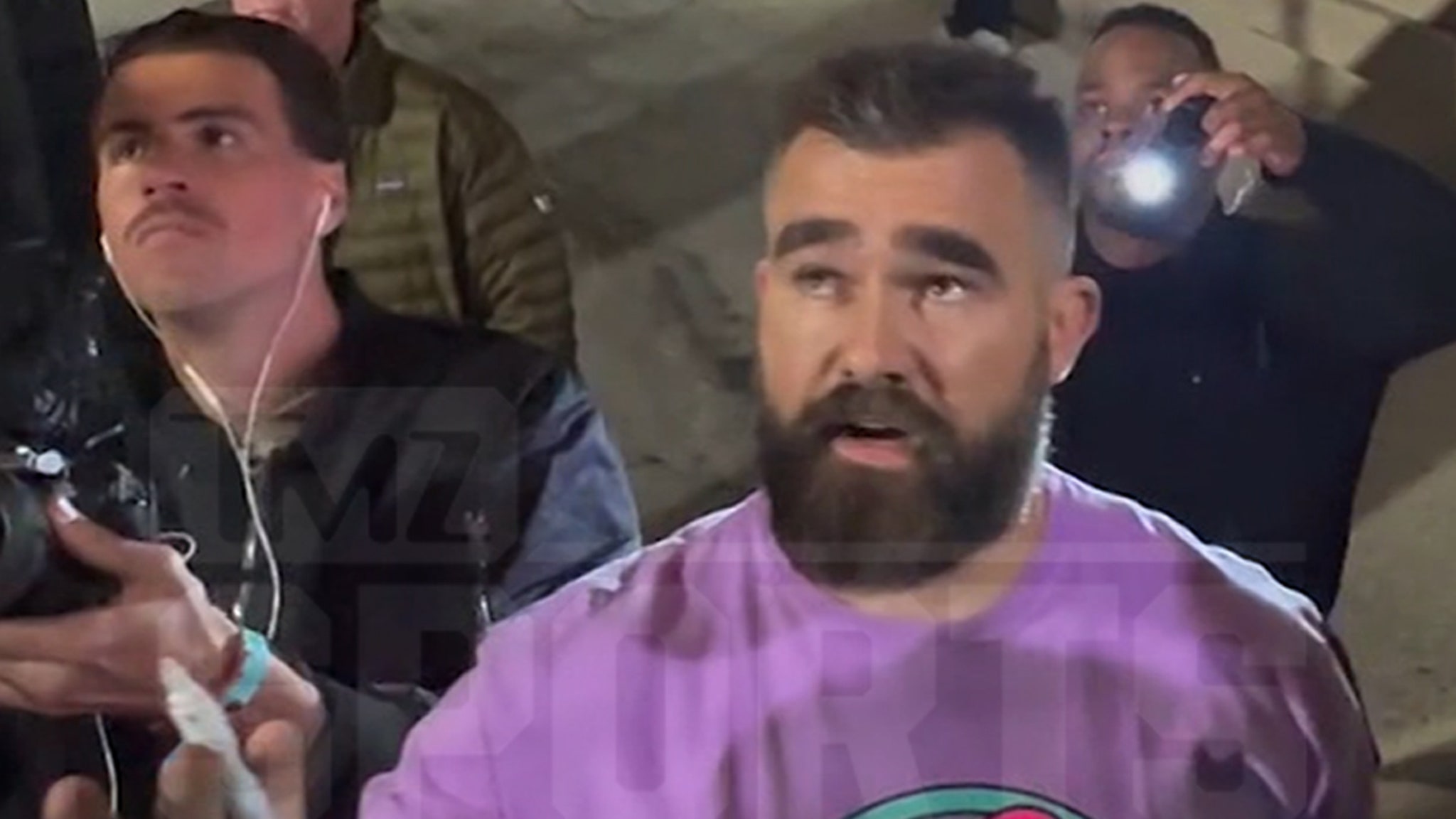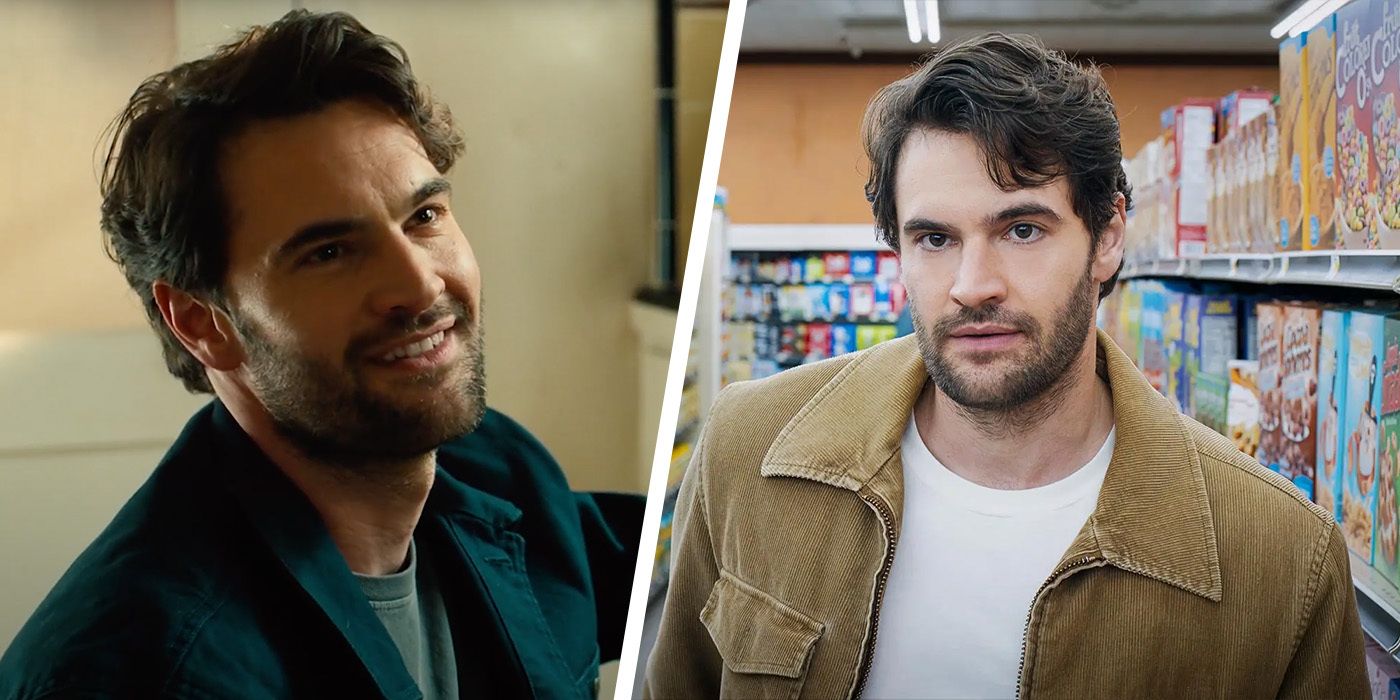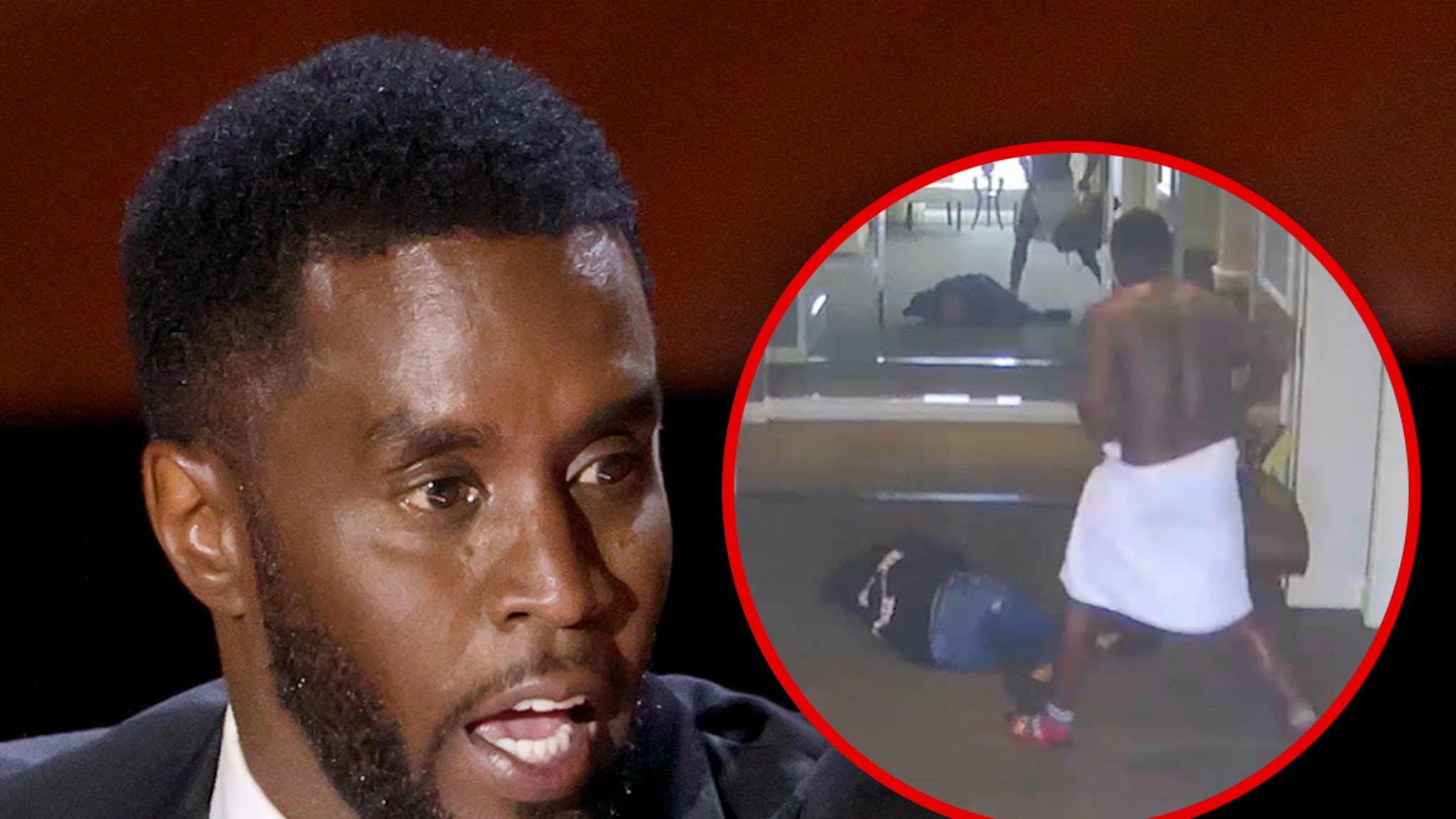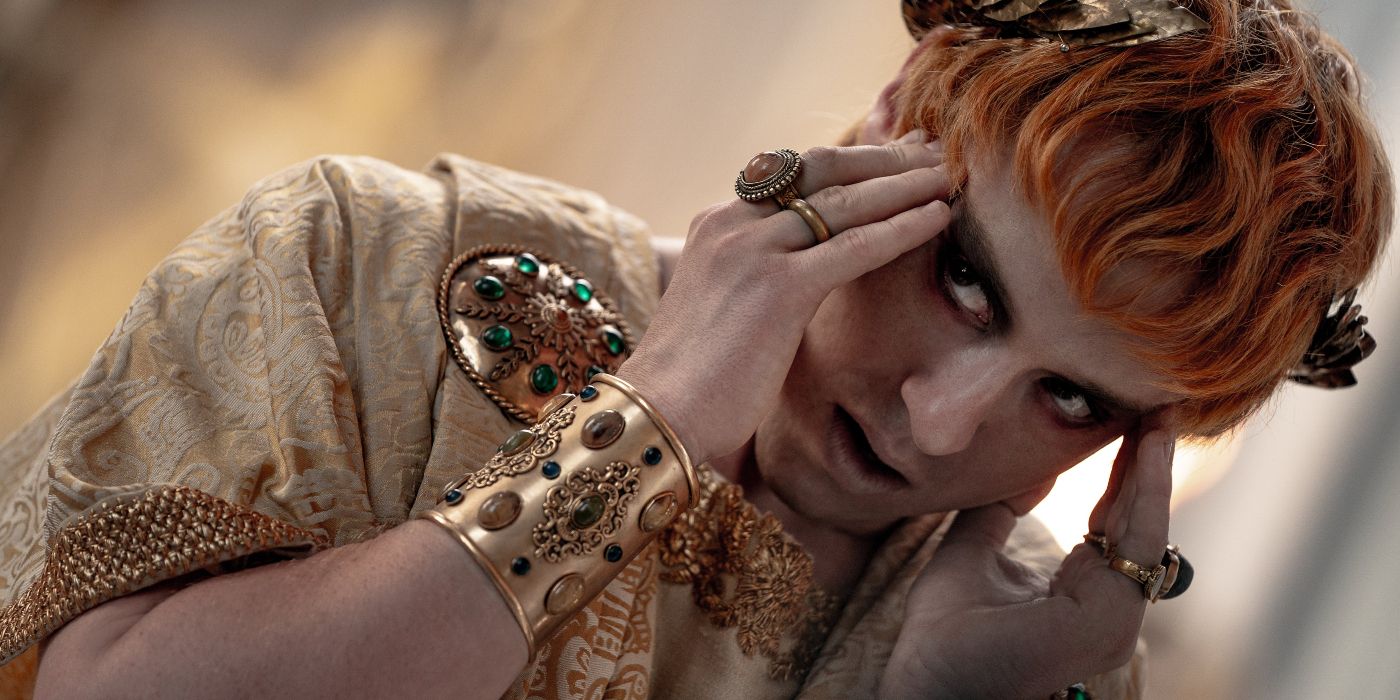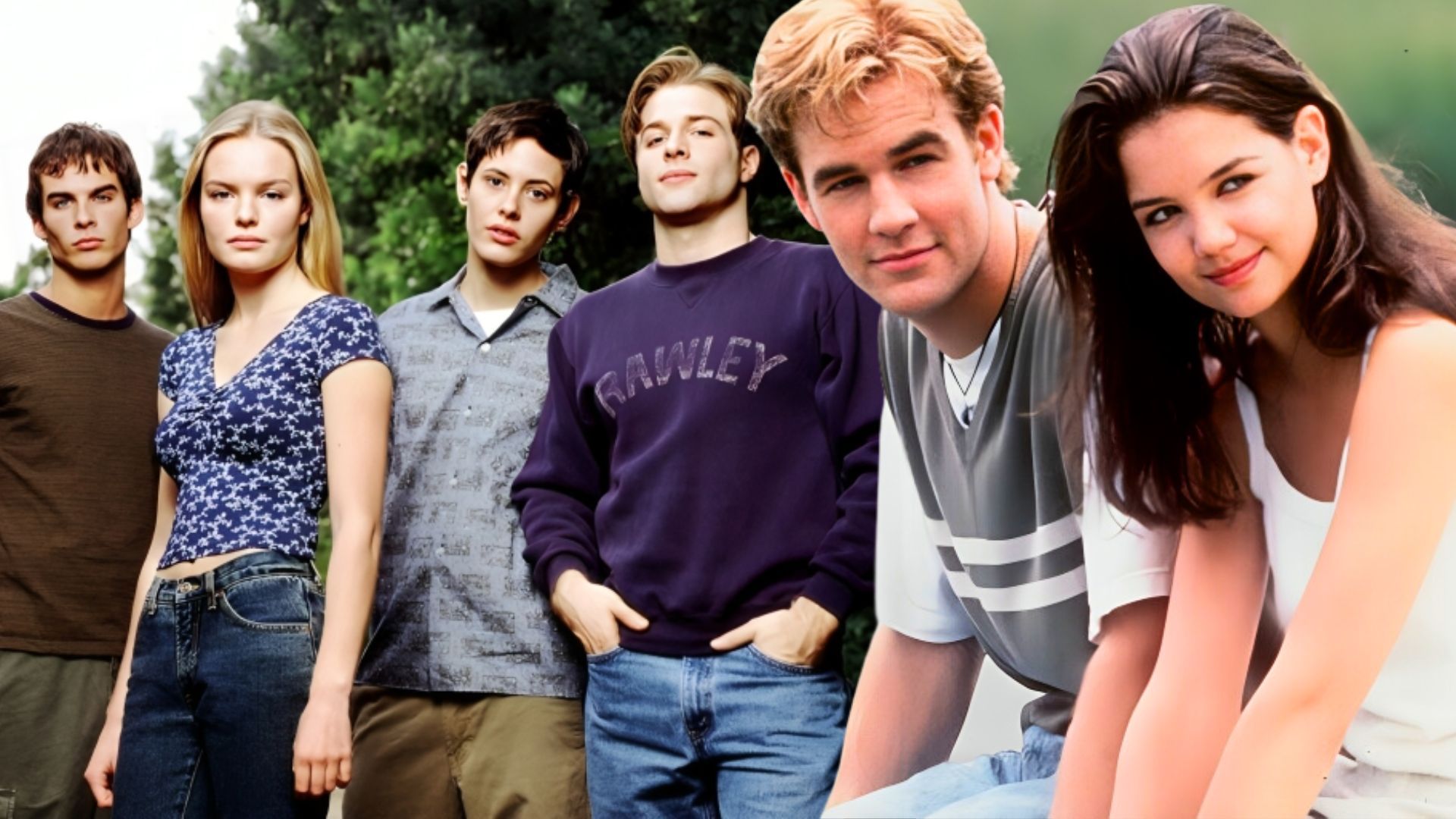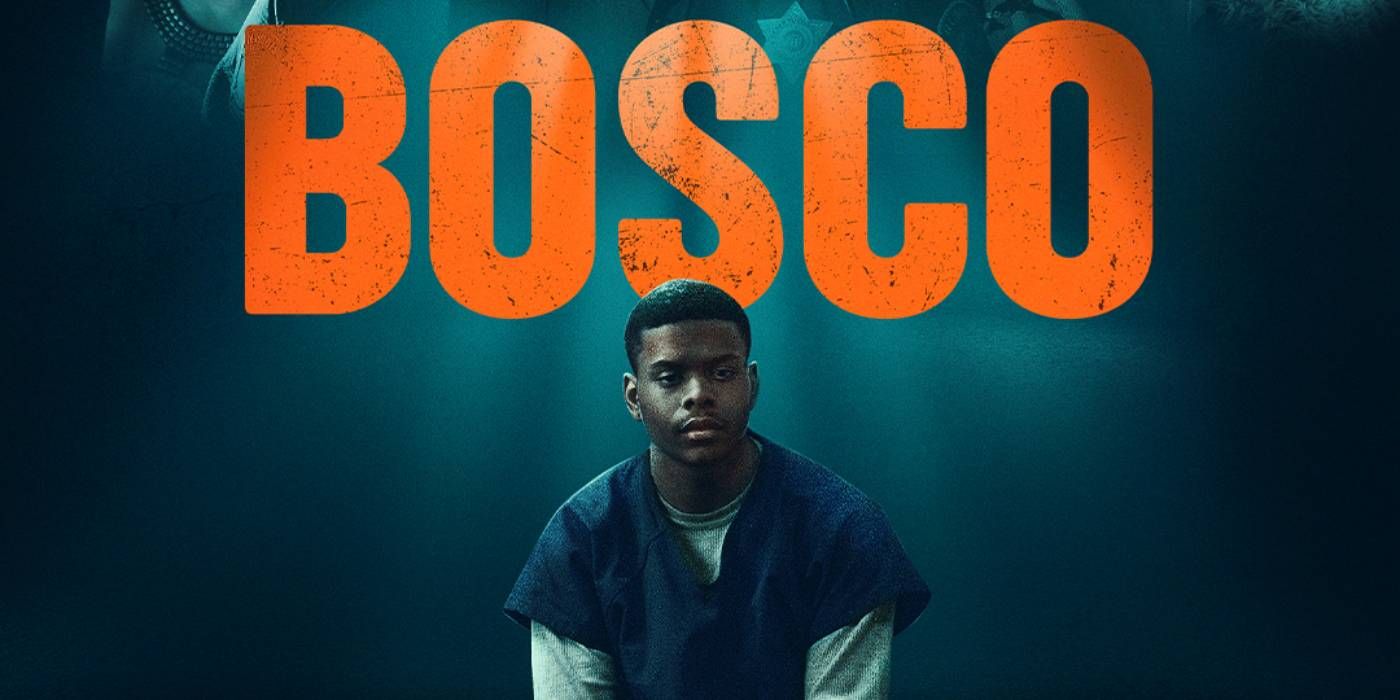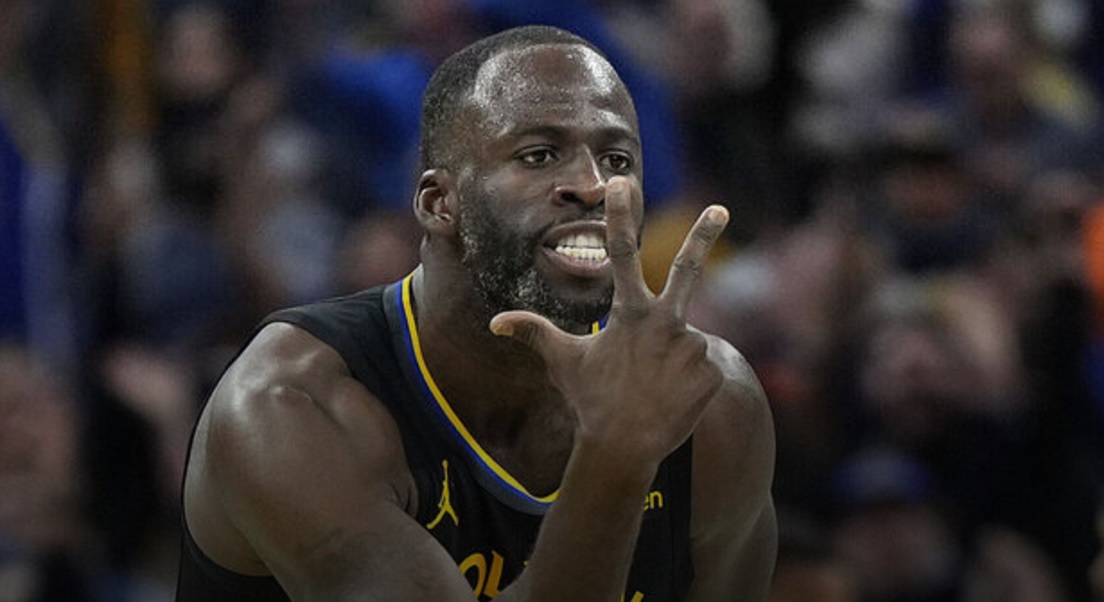All of those elements come alive in Abbott’s ostentatious interpretation of the conflicted individual, a mentally embattled person with a righteous chip on his shoulder given the unfairness of his childhood, but who isn’t entirely unsympathetic to those around him. Alongside his title role in “James White,” another independent feature where a young man battles inner turbulence of a different type, this stands as one of Abbott’s most remarkable performances, rendered so indelible in its erratic kookiness and outburst of guarded earnestness because it plays opposite Carmichael’s more restrained unraveling.
“It’s like your sad looking eyes got purpose all of a sudden,” Val tells Kevin while on an elevator ascending to what the latter hopes will be a fateful reckoning for a major villain from his past. Later, Val meets with a quarrelsome figure of his own: his girlfriend, and future mother of his child, Nat (played by a marvelously stern Tiffany Haddish).
Throughout this ghastly adventure, Katcher and Welch take time to mine levity from Kevin’s ironic self-awareness about his hypocritical stance on gun control as he holds a firearm with intention to deploy it, his insufficient determination to talk about race with Val, and the many instances in which Val must rein in their “joy ride” to hell. As bizarre as the tone should land on paper, “On the Count of Three” repeatedly features chuckle-worthy, if not sidesplitting moments.
Interwoven with the profanity-ridden banter that centers Val’s annoyance with Kevin’s behavior, which could lead us to think their relationship stays on the surface, there are profoundly touching exchanges that demonstrate otherwise. For example, halfway through their deadly escapade, Kevin thanks Val for always trying to uplift him. His counterpart responds with the suggestion that where they find themselves means his efforts were in vain. Those droplets of sorrowful lucidness help the film transcend the realm of mere provocation.
You can view the original article HERE.

